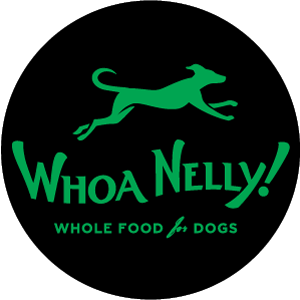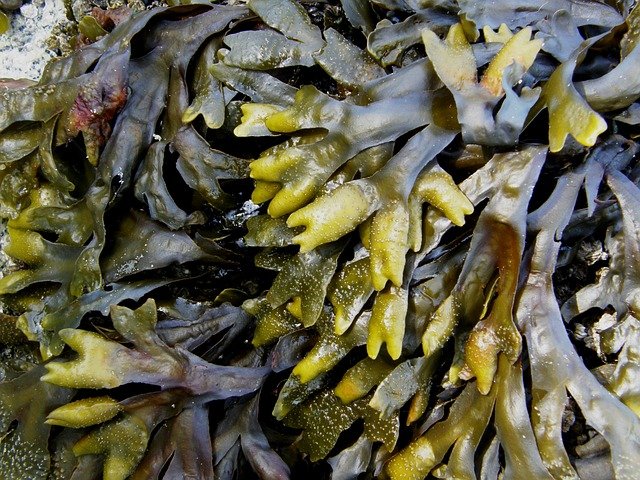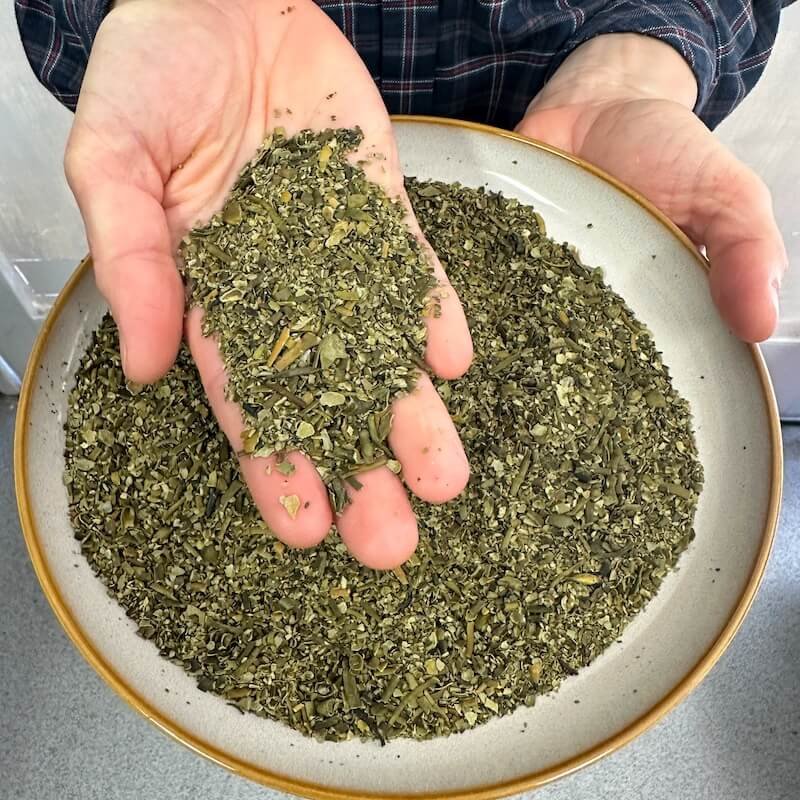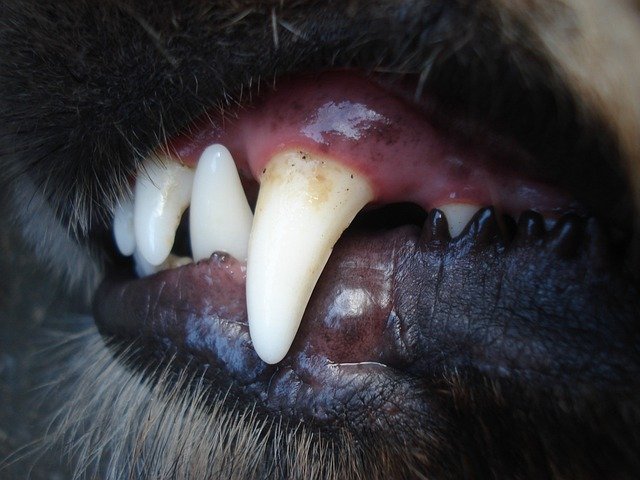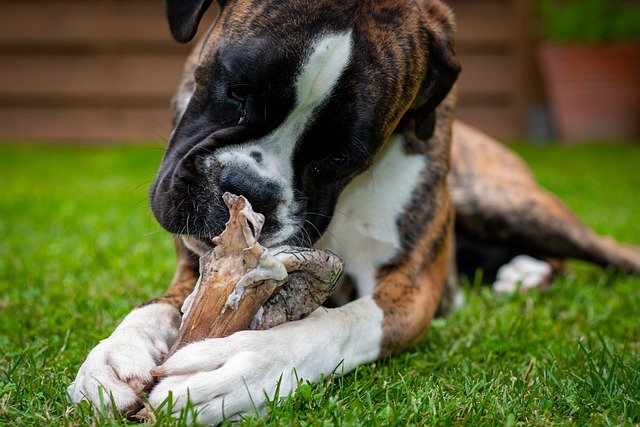Does Kelp Keep Your Dogs Teeth Clean?
In This Article
Kelp is a seaweed that contains important trace minerals and is a fantastic natural source of iodine. There have recently been claims that kelp can also improve oral hygiene.
Is this true?
These claims come from a 2018 study that looked at the effect of feeding Ascophyllum nodosum (that’s kelp) on the build up of plaque and dental calculus on dogs teeth.
In the study, 60 dogs had their teeth professionally cleaned and the remaining tartar was measured. Half of the group were then supplemented with treats containing kelp for 90 days.
The study found that the dogs consuming kelp had less plaque and calculus accumulation, and better overall oral health.
How does it work?
Kelp contains natural compounds that are thought to interfere with bacteria growth and accumulation. Research suggests that kelp contains a beneficial bacteria called Bacillus lichenformis which releases an enzyme in the saliva that breaks down the precursors to dental plaque and tartar.
I was initially quite skeptical about this study, but after giving it a thorough read it does seem quite compelling. But please remember that adding kelp to your dogs diet will not be enough to keep their mouth healthy!
Regular bones (3+ times a week) will always be the best way to keep your dogs teeth clean. If you can’t feed bones then brushing your dogs teeth is a great idea to avoid expensive dental fees down the road.
How to feed
We use organic kelp in every recipe of Whoa Nelly! as a natural source of iodine and trace minerals. So if you are feeding our food we have you covered! (of course 😉)
If we are not available where you are, you can simply add a small amount of kelp to your dogs dinner. The recommended amount is 0.05g per kg of bodyweight. So for example, if your dog weighs 20kg you would add 1g of kelp to their food each day.
Don’t go overboard though.
Kelp contains lots of iodine so I am cautious about over supplementation as it can affect the thyroid. There was a study in 2009 that found no toxic effects at high levels of kelp in the diet of rats - so there may be some wiggle room - but personally I would still keep it in the recommended range.
From our point of view the NRC nutrient guidelines recommend 220mcg per 1000kcal as the optimal amount, so that is the level we provide in our food.
If your dog has poor thyroid regulation or other metabolic conditions then supplementing their diet with excess iodine should be avoided. Dogs with kidney or liver disease need to be especially cautious as kelp also contains lots of potassium.
In terms of sourcing, quality is always important. Kelp is a plant growing naturally in the sea so it will absorb pollutants in the water, which can be harmful when ingested. We use organic kelp sourced from the Canadian Atlantic in our food.
Why healthy teeth are important
Periodontal disease is a hugely common issue in dogs, and small dogs are more at risk. An absolutely shocking 80% of dogs over 2 years old have dental disease. That’s 4 out of 5 dogs 🤯
Signs your dog has an unhealthy mouth:
bad breath
swollen or red gums
pain when chewing
excess drooling
loose teeth
Periodontal disease is caused by the accumulation of dental plaque and calculus on the teeth. It causes inflammation and causes a whole host of nasty health problems. If left untreated will lead to expensive dental work, including potentially removing the teeth. This in turn causes issues as you dog is less able to chew and keep their teeth clean.
You absolutely want to keep your dogs mouth healthy. Prevention is the key!
How to keep your dogs mouth healthy
As discussed the evidence suggests that having kelp in your dogs diet can help to keep their mouth healthy. That does not mean that kelp is all you need to do though!
The MOST IMPORTANT thing you can do for your dogs oral health is to feed them bones at least 3 times a week.
Physical abrasion is the primary way to remove the tartar that builds up on the teeth. This means either you physically clean your dogs teeth once a week (minimum) or give your dog a bone so they can do it for you!
